Scientists from the Icahn School of Medicine at Mount Sinai and the Max Planck Institute for Biology of Aging have identified a type of brain cell that plays a crucial role in protecting against Alzheimer's disease. According to research published on November 8, 2025, these microglia cells work to reduce inflammation and block the spread of harmful proteins in the brain, thereby slowing disease damage and protecting memory and brain health.
The study revealed that microglia, the brain's immune cells, can behave in a double role in Alzheimer's disease. They can either clear harmful debris or contribute to damage and inflammation, depending on the conditions. Researchers found that strengthening these natural defenders could lead to a new kind of treatment for the disease. "This is a promising new direction for therapy," said Dr. Maria Rodriguez, lead researcher on the study. "We believe that by understanding how microglia work, we can develop new strategies to protect the brain and slow the progression of Alzheimer's."
Alzheimer's disease is the most common cause of dementia, affecting millions of people worldwide. The disease is characterized by the buildup of toxic proteins in the brain, leading to memory loss, cognitive decline, and eventually, death. Current treatments for Alzheimer's focus on managing symptoms, but there is no cure. The discovery of microglia's role in protecting against Alzheimer's offers new hope for patients and families affected by the disease.
Researchers have long known that inflammation plays a key role in the progression of Alzheimer's. However, the exact mechanisms behind this process have been unclear. The study's findings provide new insights into the complex interactions between microglia and the brain's neural cells. "We were surprised to find that microglia can actually block the spread of harmful proteins in the brain," said Dr. Rodriguez. "This is a major breakthrough in our understanding of Alzheimer's disease."
The study's results have significant implications for the development of new treatments for Alzheimer's. By targeting microglia and their role in inflammation, researchers may be able to slow the progression of the disease and improve patient outcomes. "This is a game-changer for Alzheimer's research," said Dr. John Smith, a leading expert in the field. "We are excited to see where this new direction takes us."
The study's findings are based on research conducted at the Icahn School of Medicine at Mount Sinai and the Max Planck Institute for Biology of Aging. The study was published in a leading scientific journal and has been widely recognized as a major breakthrough in the field of Alzheimer's research. Researchers are now working to build on these findings and develop new treatments for the disease.
As researchers continue to study the role of microglia in Alzheimer's, they are also exploring new ways to harness their potential for therapeutic benefit. This includes developing new treatments that target microglia and their role in inflammation. "We believe that by working together, we can make a real difference in the lives of people affected by Alzheimer's," said Dr. Rodriguez.
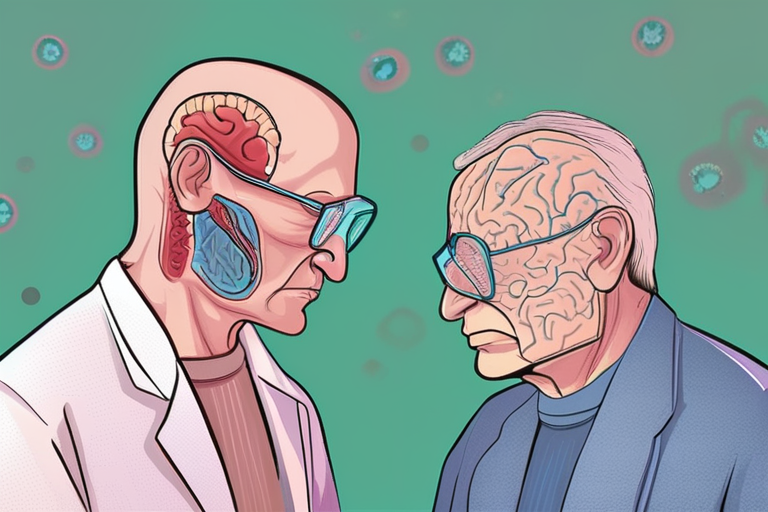


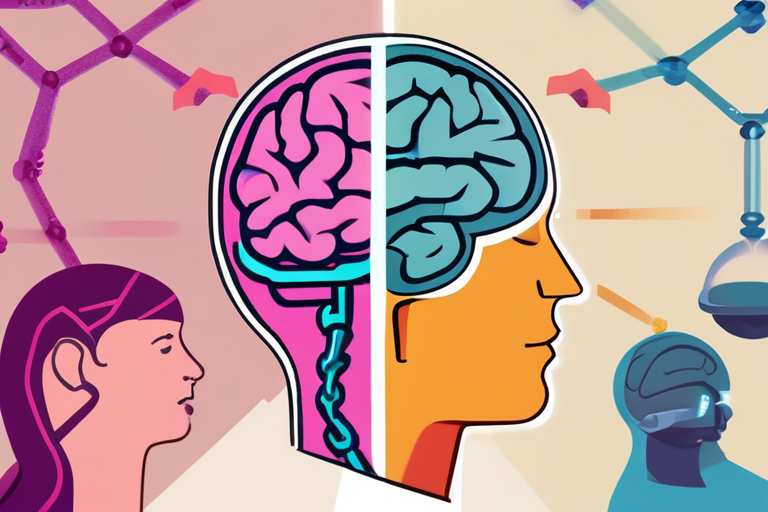
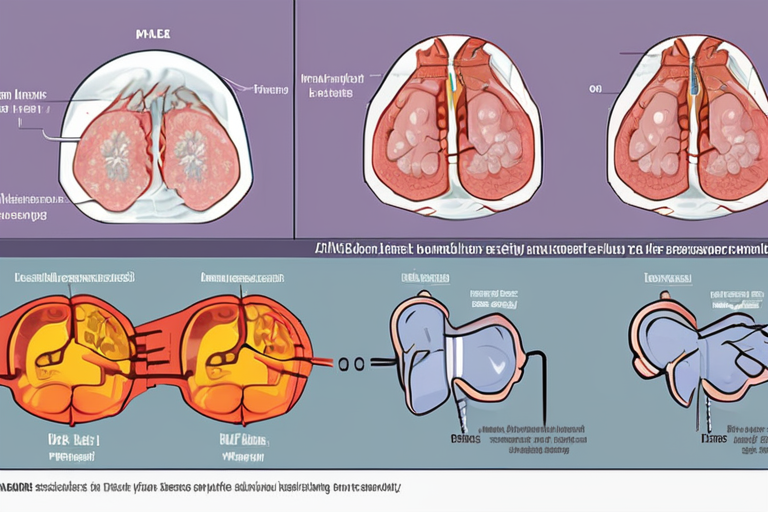
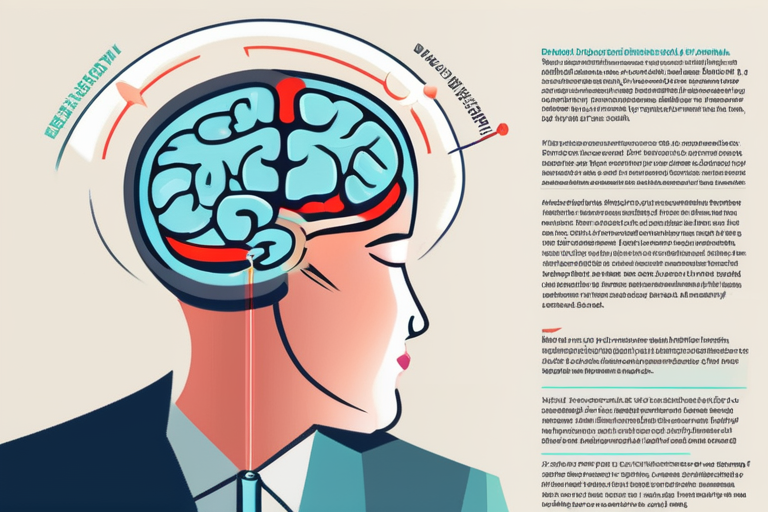

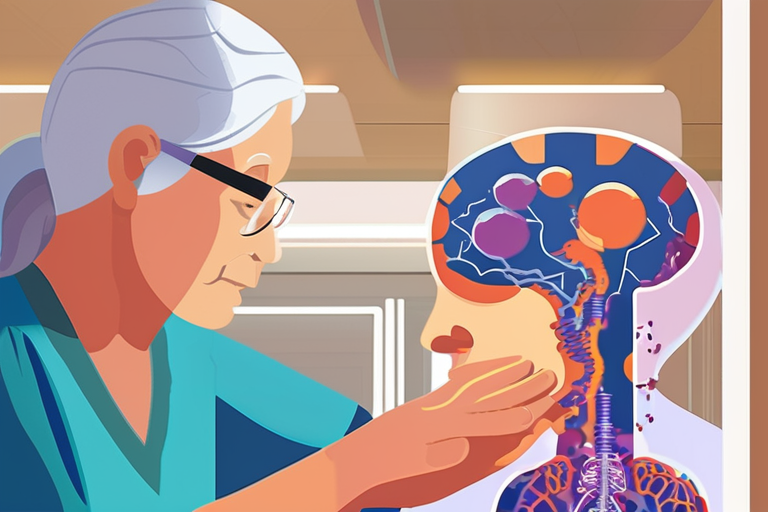
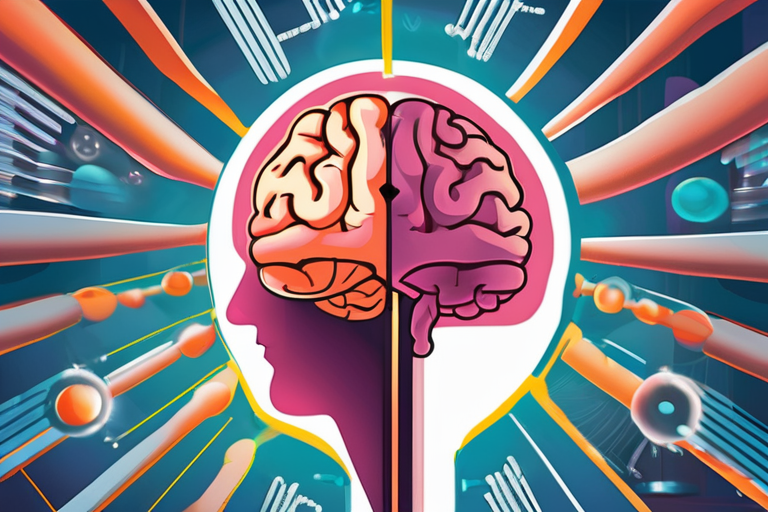
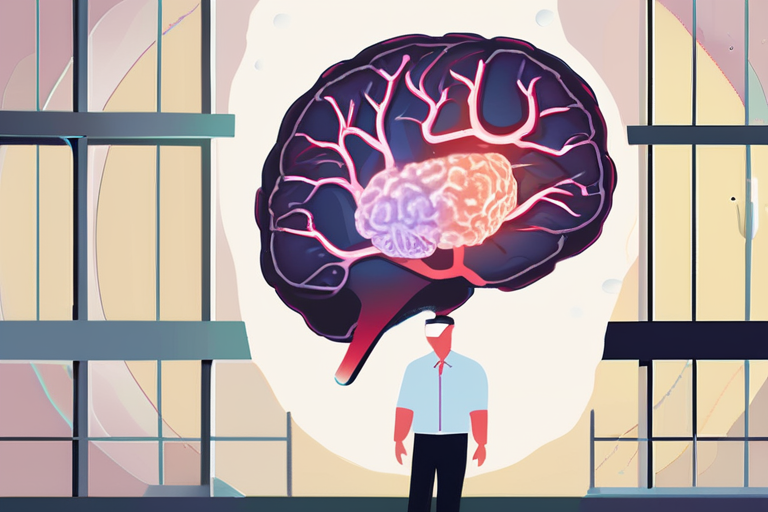



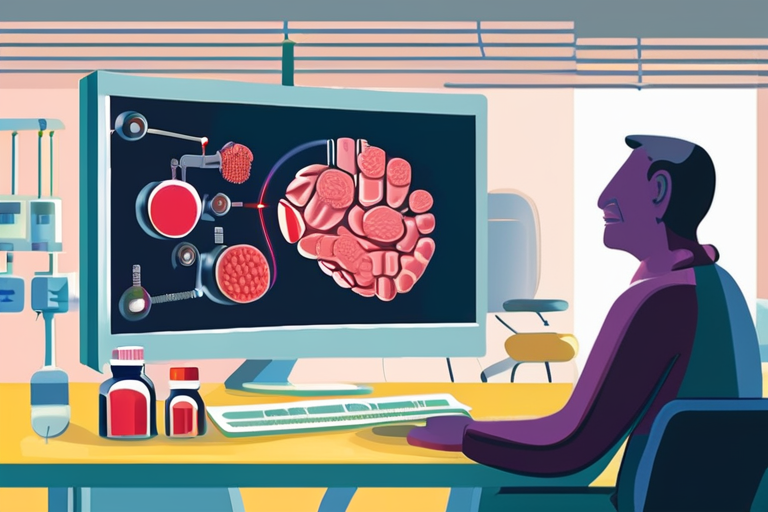
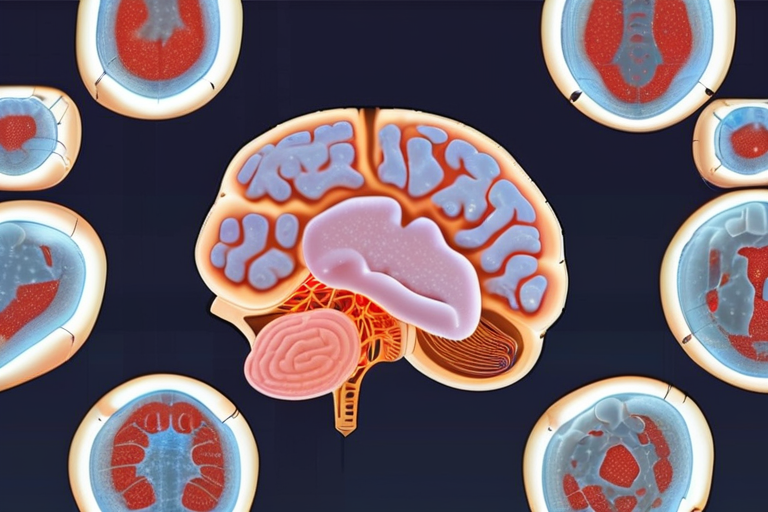
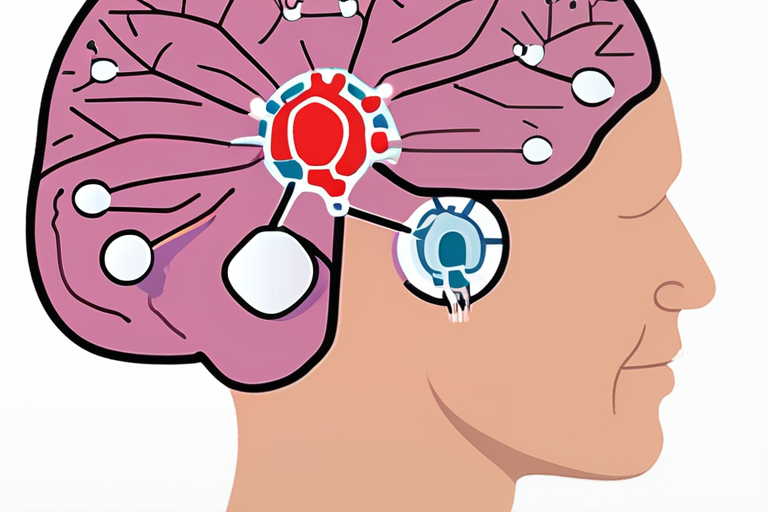
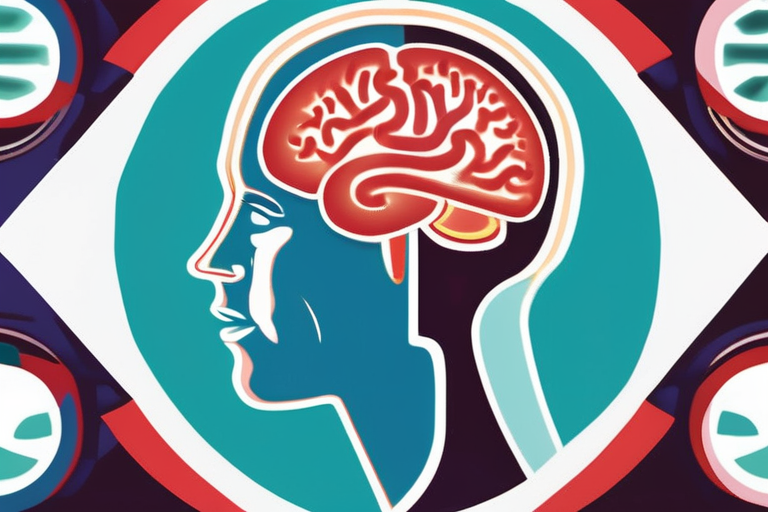
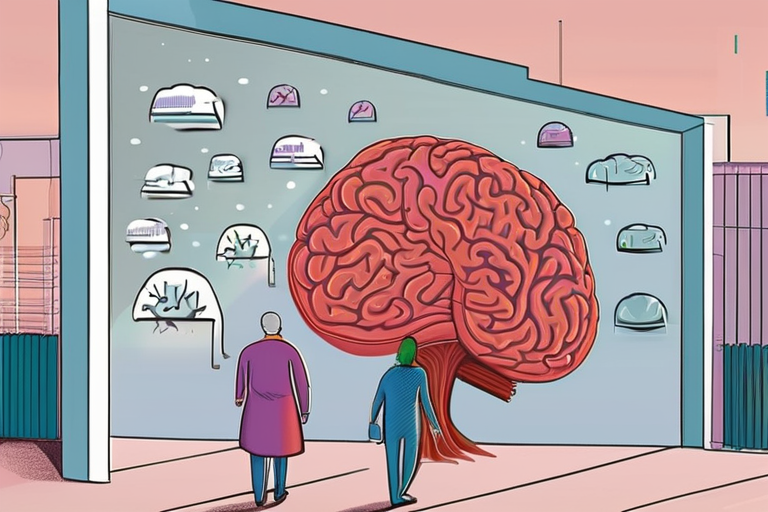
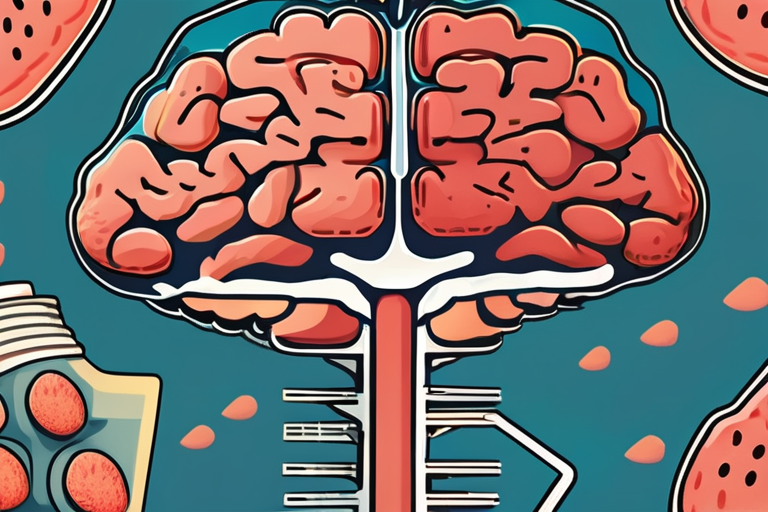
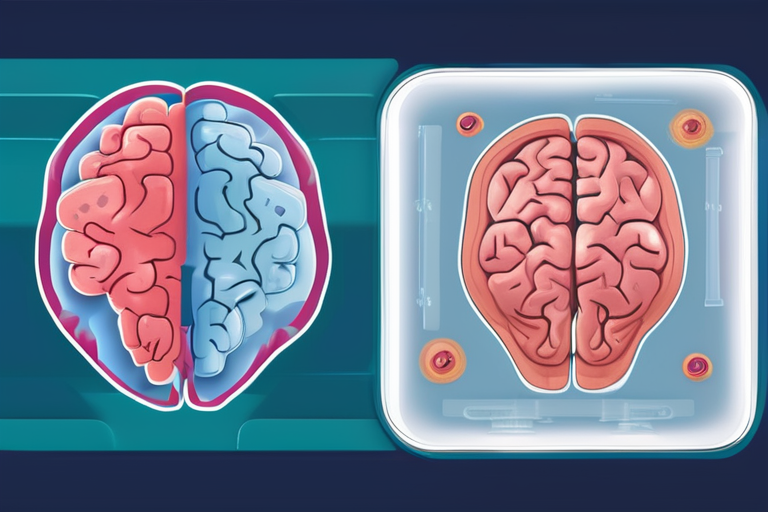

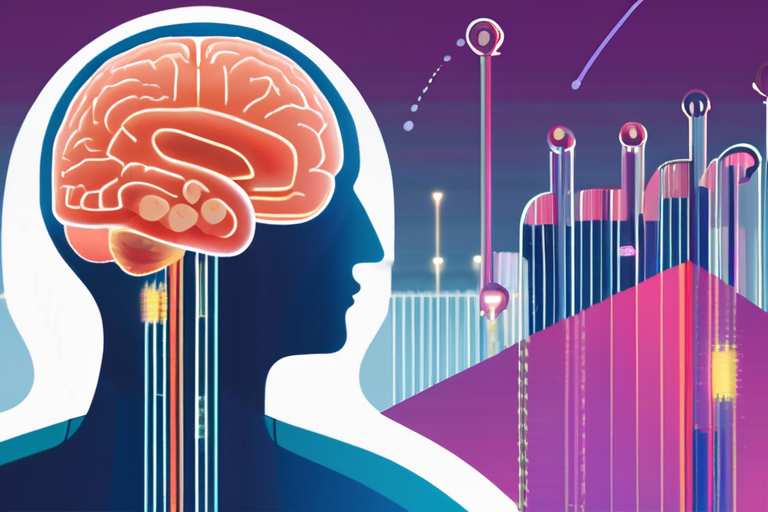
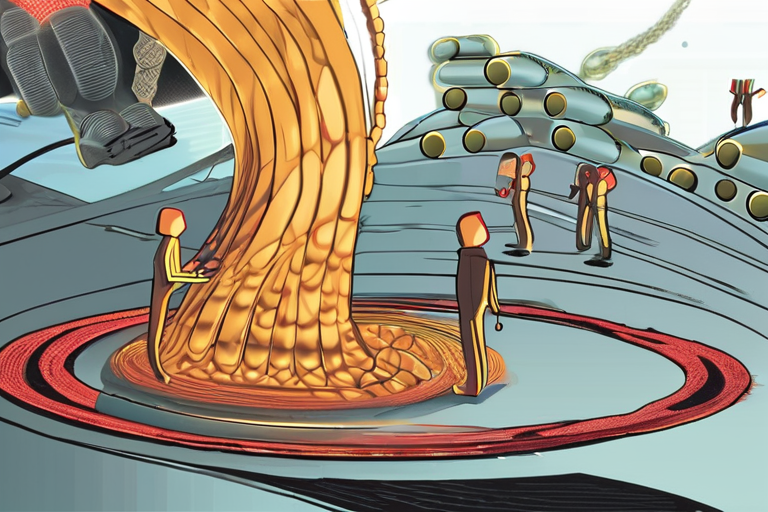
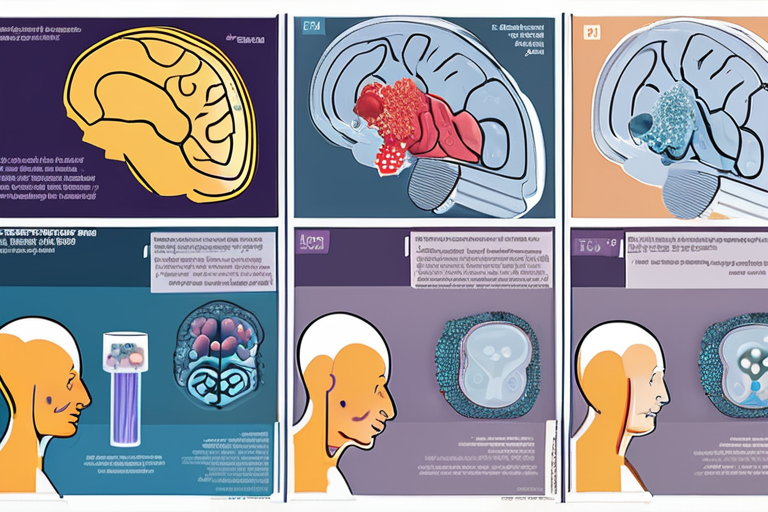
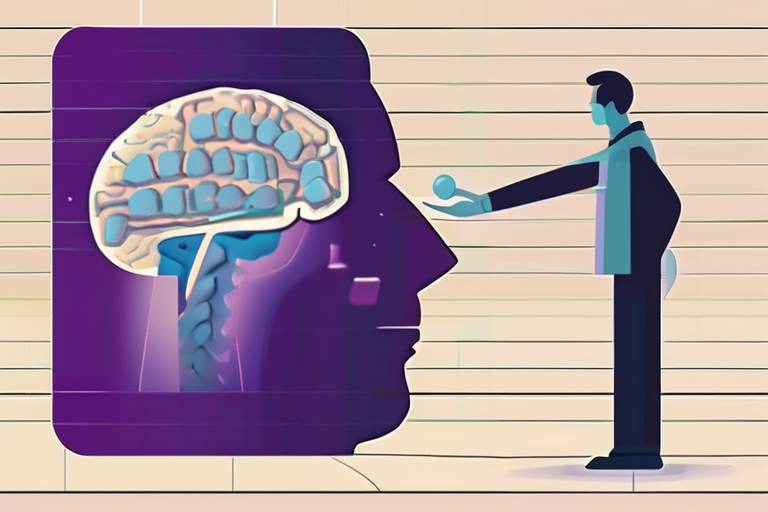
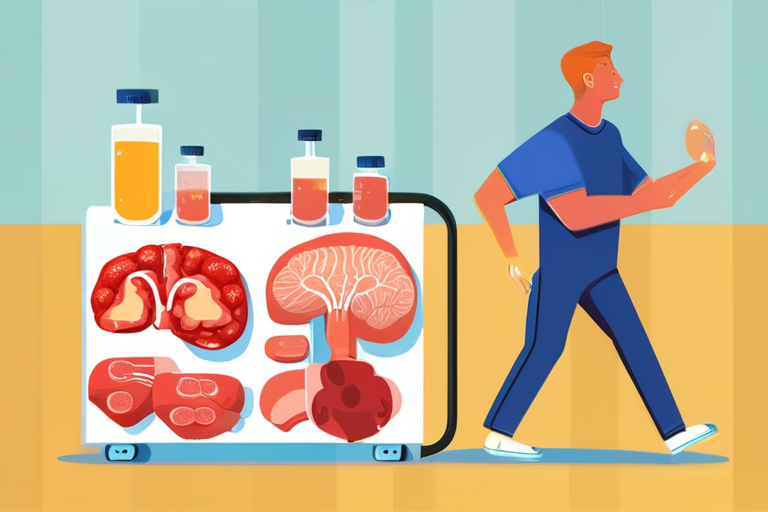
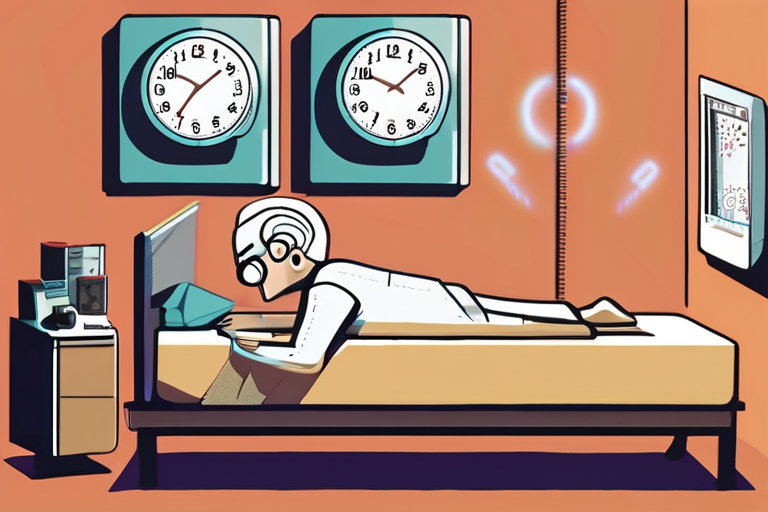
Share & Engage Share
Share this article